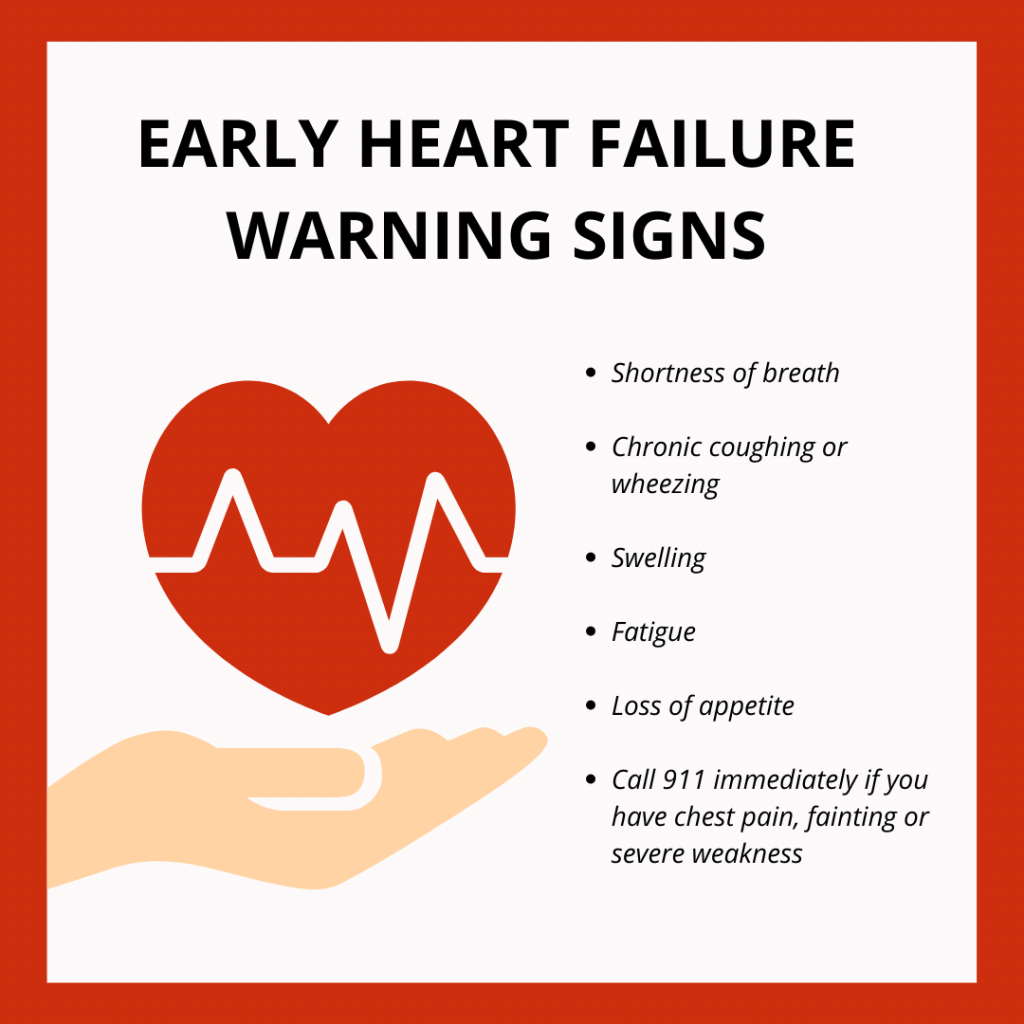As Jon Rotenberry, a former Navy operations specialist, waited at the pharmacy to pick up the prescription his primary care doctor had written him earlier in the day, his phone rang.
He had a severe cough, along with bouts of nausea and fatigue. Diagnosed with a case of pneumonia at a convenient care facility while on vacation, he was surprised to see his doctor’s number appear on the screen. The urgent message that followed was inconceivable.
“My doctor was pretty nervous that I would not even make it through the night,” recalled Rotenberry, now an air traffic controller. “That I would actually drown in my own lungs.”
Tests showed Rotenberry’s heart had doubled in size, and his lungs were full of fluid. The seemingly healthy 39-year-old was unknowingly experiencing late-stage heart failure caused by cardiomyopathy. His heart was struggling to pump blood through his body. His doctor ordered he get to the ER as soon as possible.
“I didn’t even have day-by-day; it was just minute-by-minute,” said Rotenberry. “To get this freight train of news that I’m probably not going to make it was probably one of the most unsettling things I’ve ever heard.”
He describes what happened next in the ICU as a blur; all he remembers is the cruel timing of the threat to his mortality. He and his wife had struggled with infertility issues in the past and were expecting a baby.
“The thought of not getting to see my child, that was the thing that really started to be my main motivation to get out of this,” he said.
Rotenberry admits he likely wouldn’t have scheduled that life-saving doctor’s appointment if it wasn’t for the COVID-19 pandemic. At the time, he assumed antibiotics could handle his illness, and he only wanted to see a doctor to be sure he wasn’t spreading the virus.
“I didn’t feel like I was at the brink of death or anything like that,” Rotenberry said.
Doctors do not believe he had COVID-19. However, the reluctant visit saved Rotenberry’s life.
Cardiology specialist Dr. Felton Anderson expressed that the veteran “would not have survived more than 48 hours otherwise,” as his heart was barely pumping any blood through his body. Health professionals believe his condition was caused by a virus damaging his heart for six months or longer.
Rotenberry spent 22 days in the ICU before making a miraculous recovery. He credits a heart failure medication, Entresto, and his military training for his survival.
“Mindset is one of the biggest things for us [in the military]; we’re goal-orientated, and we need to see the light at the end of the tunnel. Keeping your mind right and not seeing all of the negatives can be important,” Rotenberry said, adding that his time in the service prepared him to “follow doctor’s orders well.”
Thousands of Americans do not recover like Rotenberry. According to the Centers for Disease Control and Prevention, one out of every four U.S. deaths is due to heart disease.
Researchers are now focusing their attention on how heart health affects service members. One study presented at the American Heart Association’s Scientific Sessions in 2020 suggests female veterans with PTSD are 44% more likely to develop heart disease than those without PTSD. A separate study from the Journal of the American Heart Association reported that active-duty Army personnel have worse cardiovascular health than civilians of a similar age. According to the data, only 30% of soldiers have ideal blood pressure, compared to 55% of civilians.
Rotenberry urges other service members, especially veterans, to form a relationship with a medical provider, adding that if he had done so earlier, “some of the early tell-tale signs could have been caught.”
Anderson feels a military member affected by heart failure may have a better chance of survival than most as they’re trained to live a healthy lifestyle and maintain physical fitness. He stressed that Rotenberry’s recovery is remarkable and finds it impressive that the veteran practices jiu-jitsu as part of his fitness routine in recovery.
“He’s a tough guy,” said Anderson. “For someone who went through what he did, jiu-jitsu is remarkable, and just a credit to him being in the service and knowing his body and how to exercise.”
Rotenberry manages his condition with his Entresto medication and a healthy, low-sodium diet. In February, he will turn 41, a birthday he once didn’t expect to see. He looks forward to celebrating it with his wife and very active 1-year-old daughter, Adalynn.
“She’s yet another reason I’ve got to keep up with my physical activity,” Rotenberry laughed.








































